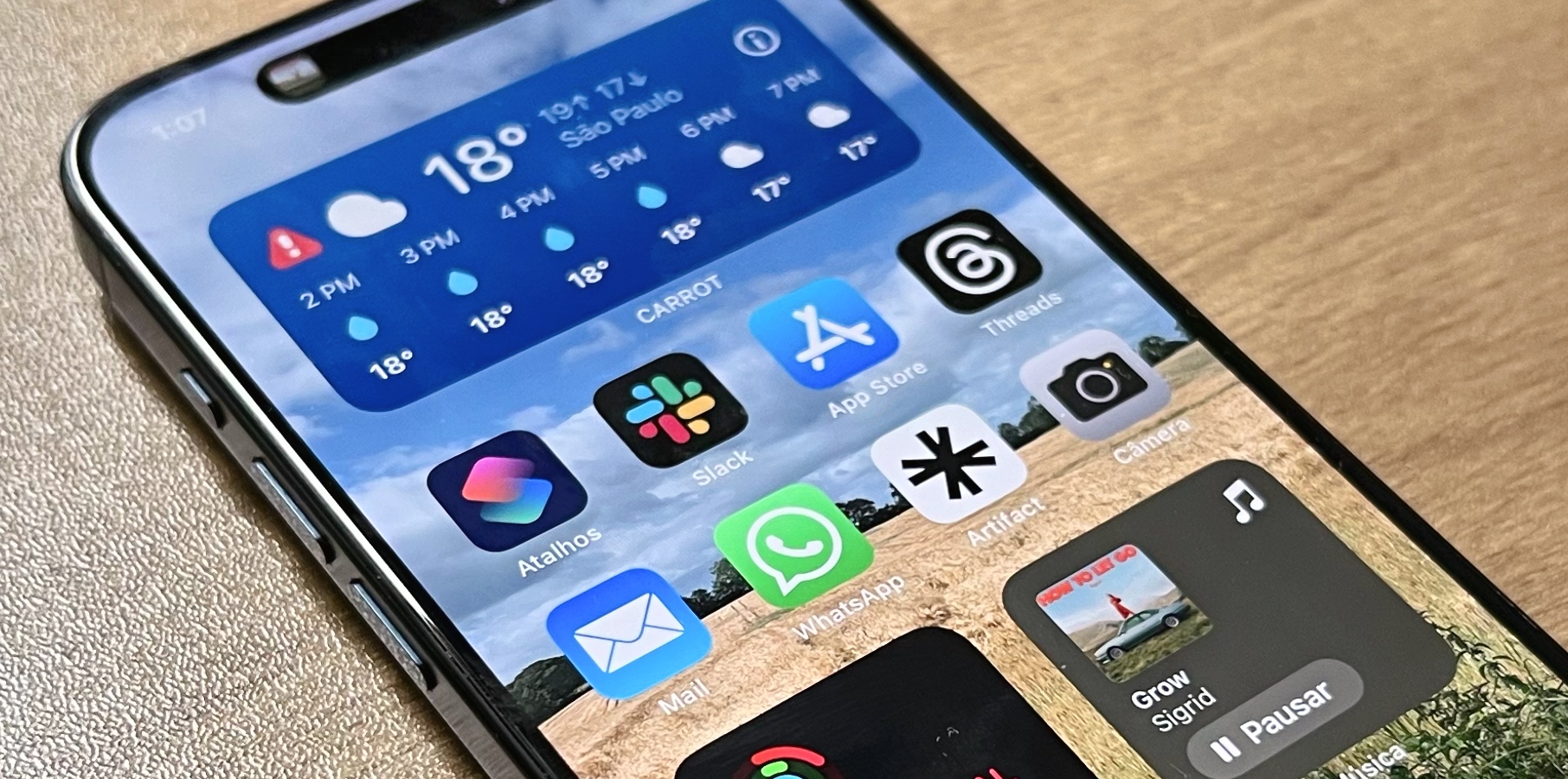The action follows waves of attacks documented by The Washington Post and others showing that iPhones were being hacked by Pegasus spyware distributed by the Israeli company NSO Group and then used to capture contact information and live audio. But while Pegasus prompted Apple to act, it is not the only spyware that would be hobbled by the new feature.
Once engaged, Lockdown Mode will block most types of attachments on messages and prevent the phone from previewing Web links, which are frequently used to transmit spyware. Locking a phone will disable wired connections to computers and accessories that are used to take control of devices that have been seized by police or stolen by spies.
Apple’s lockdown tactic resolves a long-standing tension in its design approach between security concerns and the pursuit of easy-to-use, highly functional capabilities. The extra usability made the phones more vulnerable to attack through iMessage, FaceTime and other software. Lockdown Mode gives users the choice of whether to maintain those features. When activated, it limits what the phone can do.
Ivan Krstić, Apple’s head of security engineering, said that “the vast majority of users” will have no need of the high-security mode but that the company will work with security researchers to keep protecting the minority at severe risk. The more secure mode can be easily toggled on and off, but Apple said the highest-value targets would probably leave it on.
After The Post and an international consortium of news outlets reported last year that Pegasus had been used against political dissidents, human rights advocates and journalists, Apple sued NSO and issued its first sweeping notifications to those who may have been hacked by NSO’s government clients. The United States, alarmed by the pervasiveness of the spyware, placed NSO on a trade blacklist that prohibits it from doing business with American companies.
Though NSO claims it limits its buyers to governments and authorizes the spyware’s use only against terrorists and criminals, the spyware was found on a phone belonging to the wife of slain Post contributing columnist Jamal Khashoggi, as well as those of several French cabinet ministers, the estranged wife and daughter of the ruler of Dubai, and a Saudi dissident.
Researchers at the University of Toronto’s Citizen Lab captured what they said was a new version of Pegasus last year that exploited Apple devices through iMessage without needing any action from the victim to be installed. That triggered an Apple investigation and the notifications to targets.
On a call with reporters Tuesday, Apple representatives said those warnings have now gone to residents of 150 countries, underscoring the dramatic scale of the problem.
Citizen Lab founder Ron Deibert said that while he had not tried out the new setup, it is “along the lines of steps we have been advocating that companies can take.”
“Anything that can reduce the attack surface is something we very much appreciate,” he said.
Apple has pledged to donate any damages it wins from its lawsuit against NSO to efforts to expose and blunt the impact of spyware. In Wednesday’s announcement, Apple said an initial $10 million grant it had promised to make has gone to the Dignity and Justice Fund, which is advised by the Ford Foundation.
The fund will get technical guidance from a committee that includes Krstić, Deibert and experts from Amnesty International, which cooperated in last year’s Pegasus Project, and the advocacy group Access Now.
The Ford Foundation’s Lori McGlinchey said she hoped to steer the money to help newer anti-spyware efforts in multiple fields and “help bring accountability to the global cyber arms trade.”
As an example, McGlinchey cited efforts to lobby shareholders of software companies against supporting unethical conduct.




















Discussion about this post